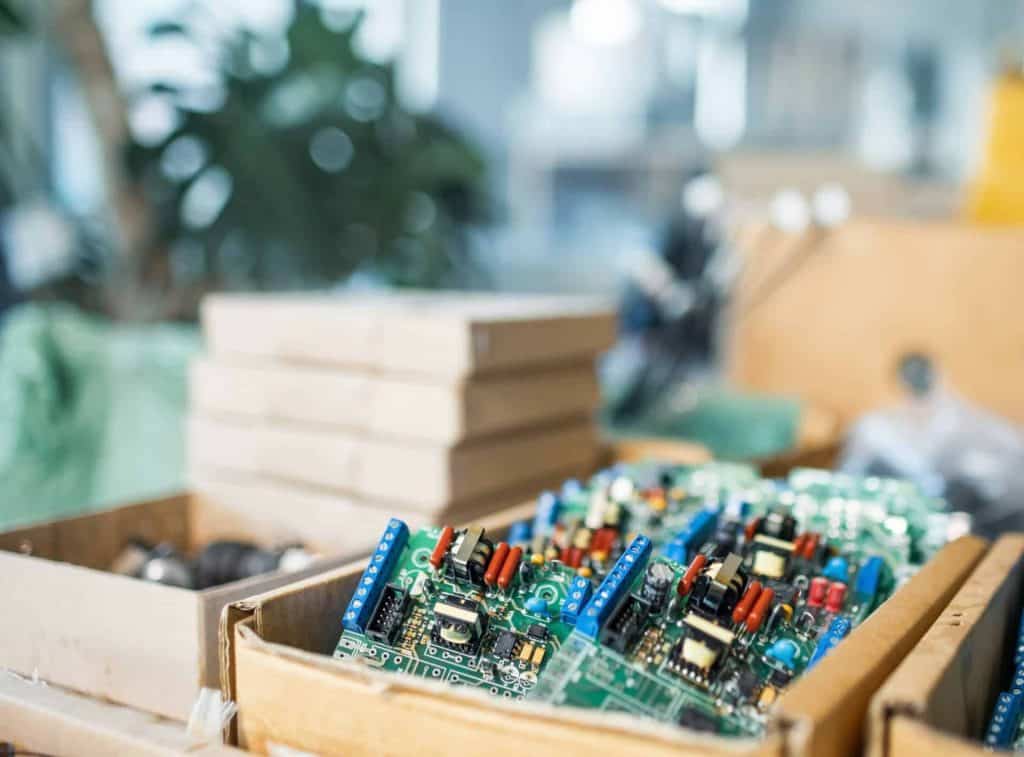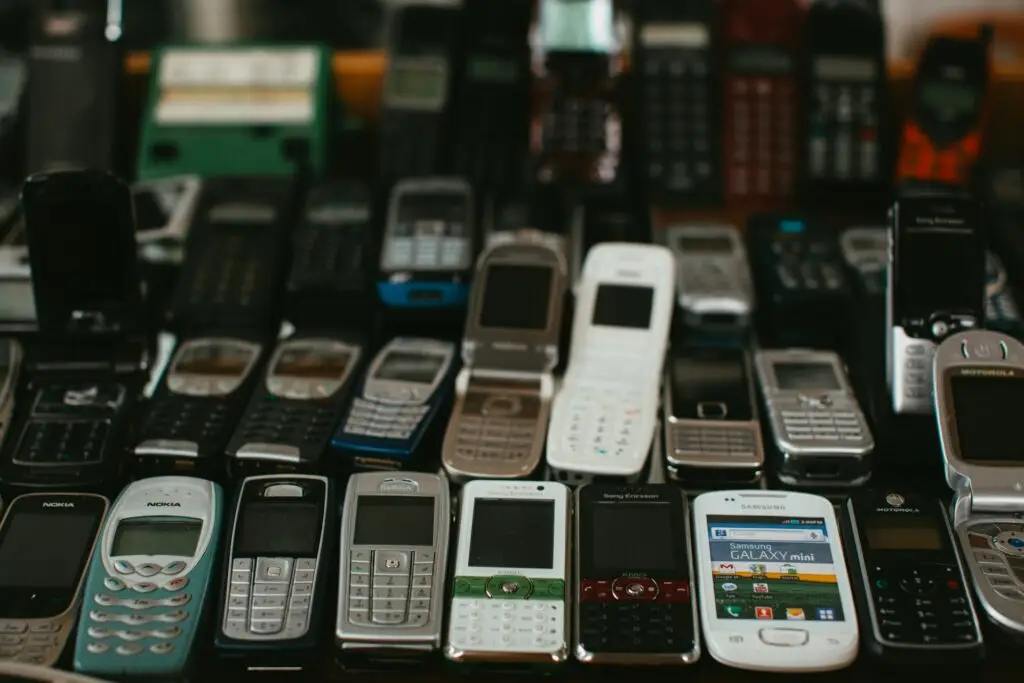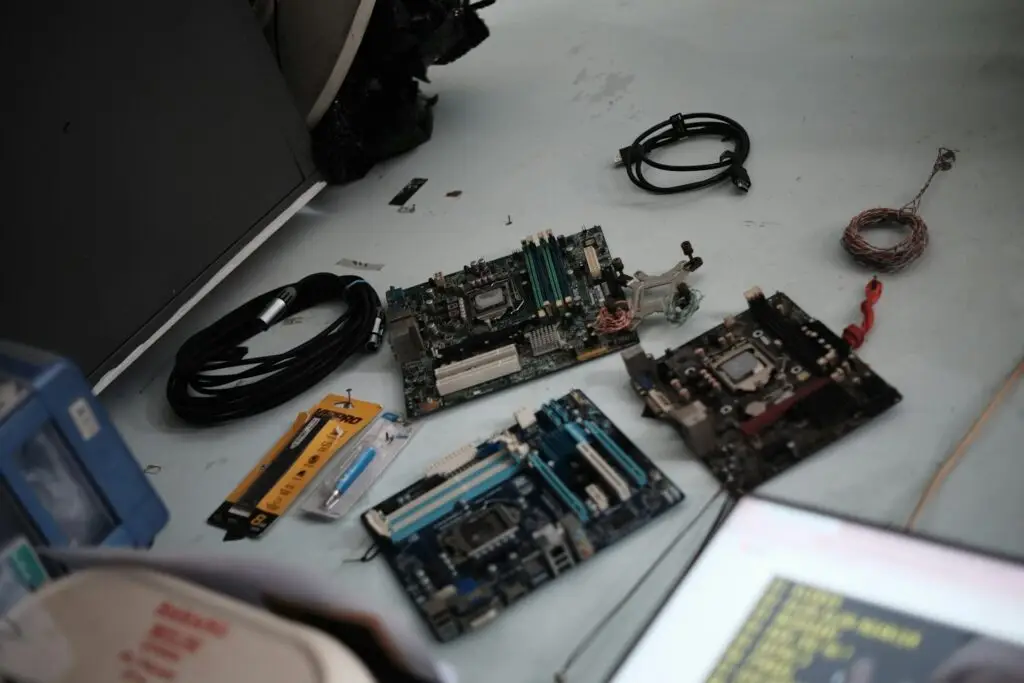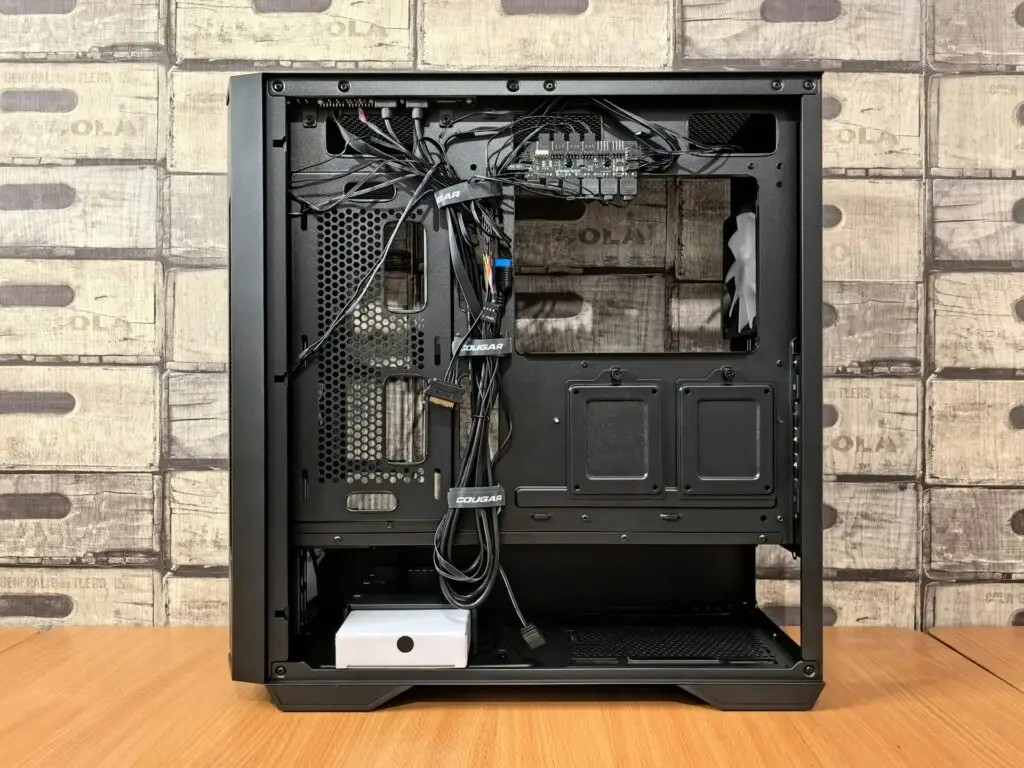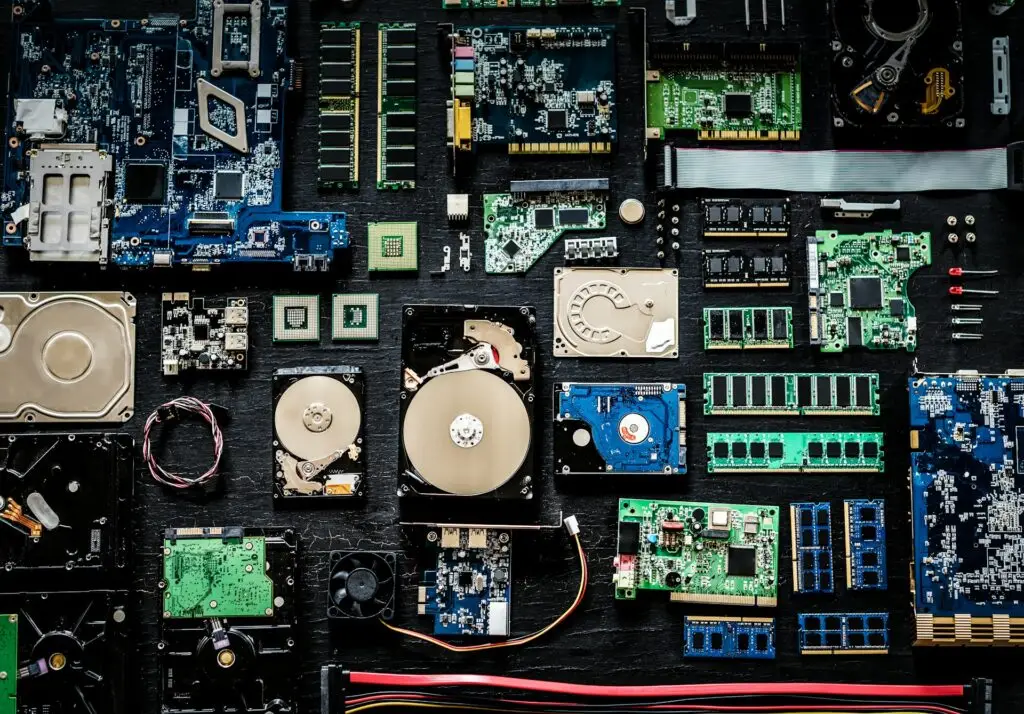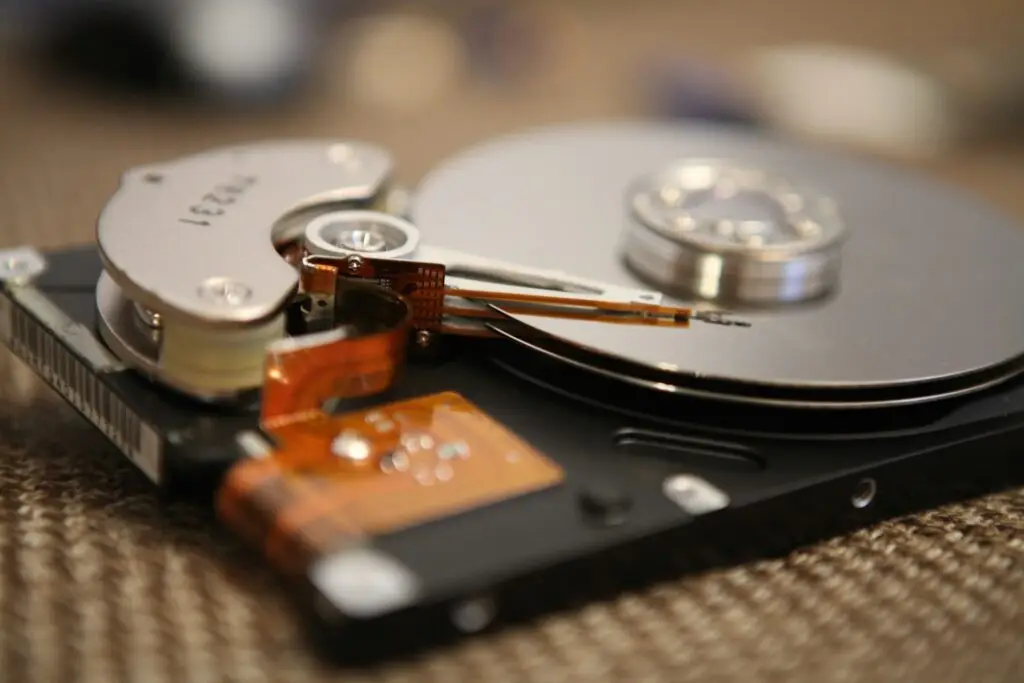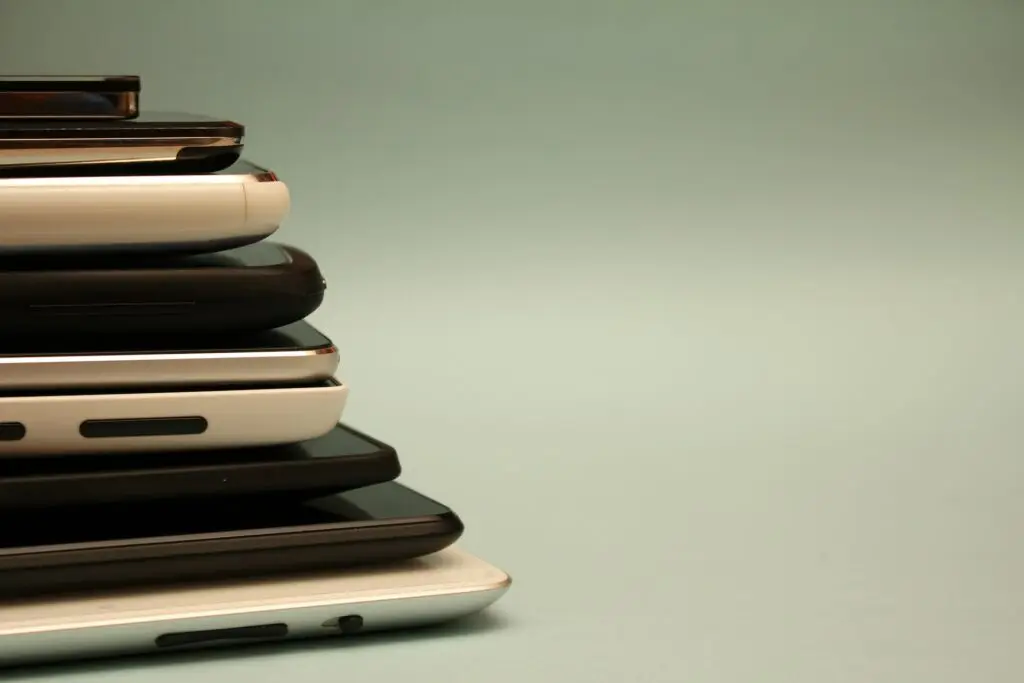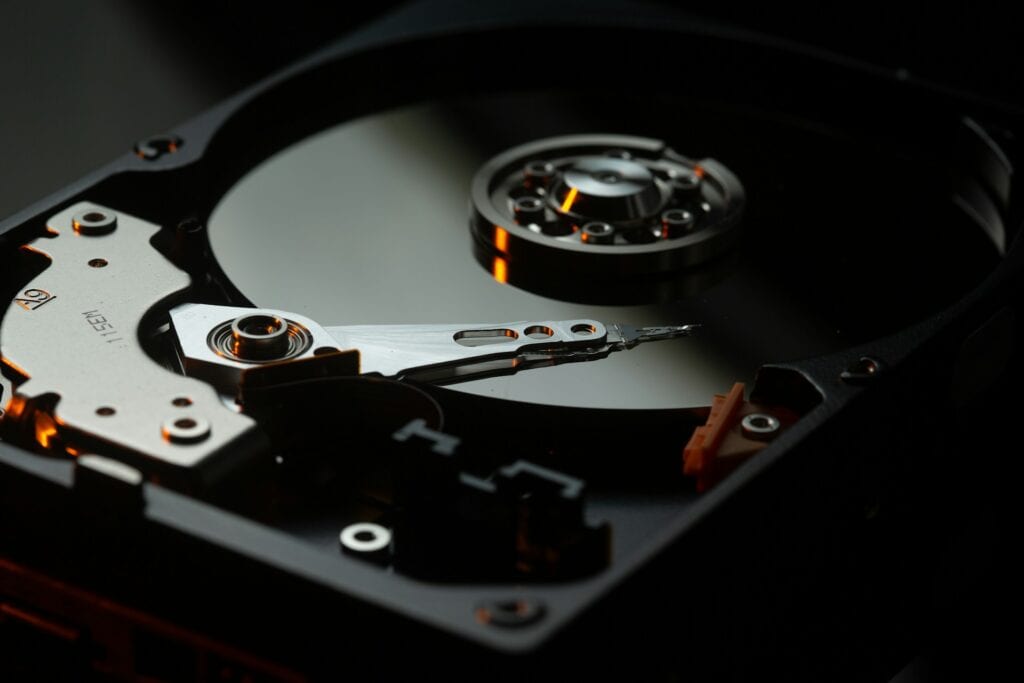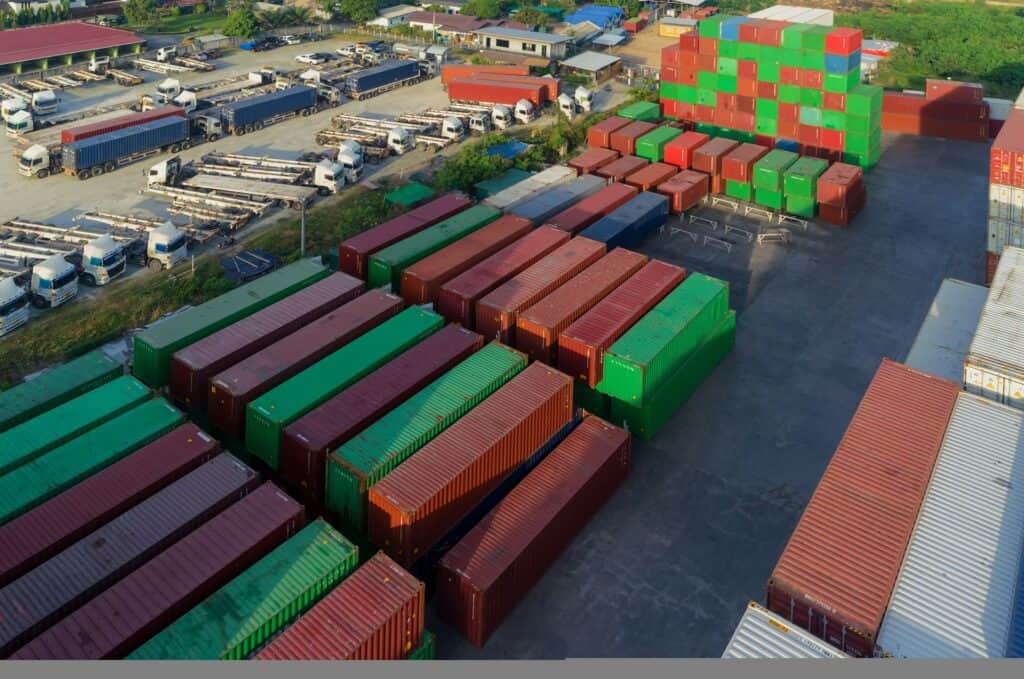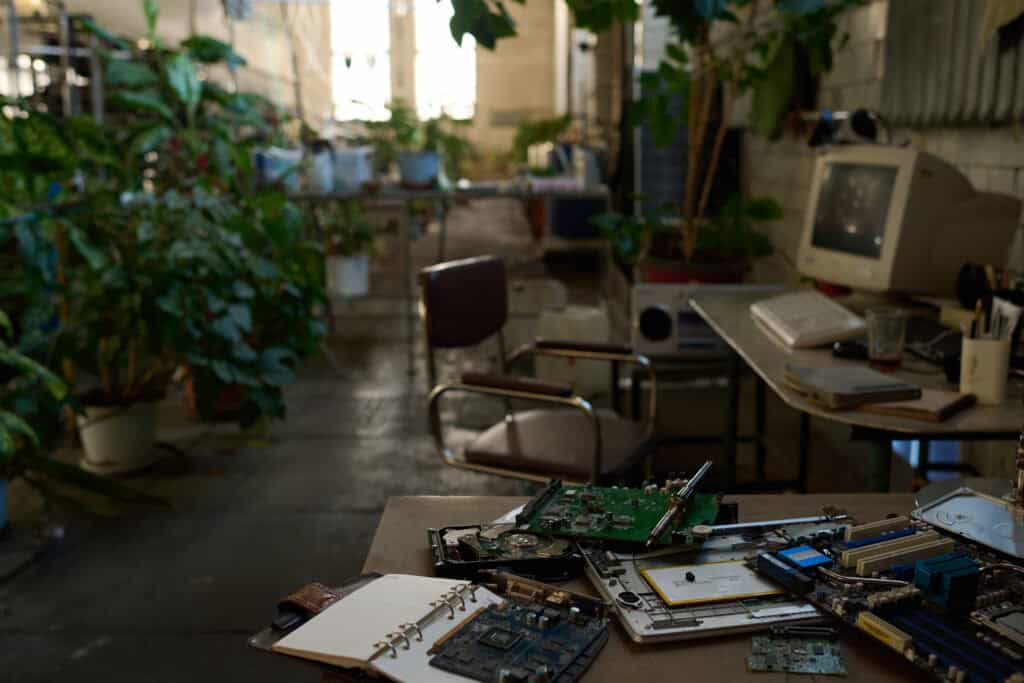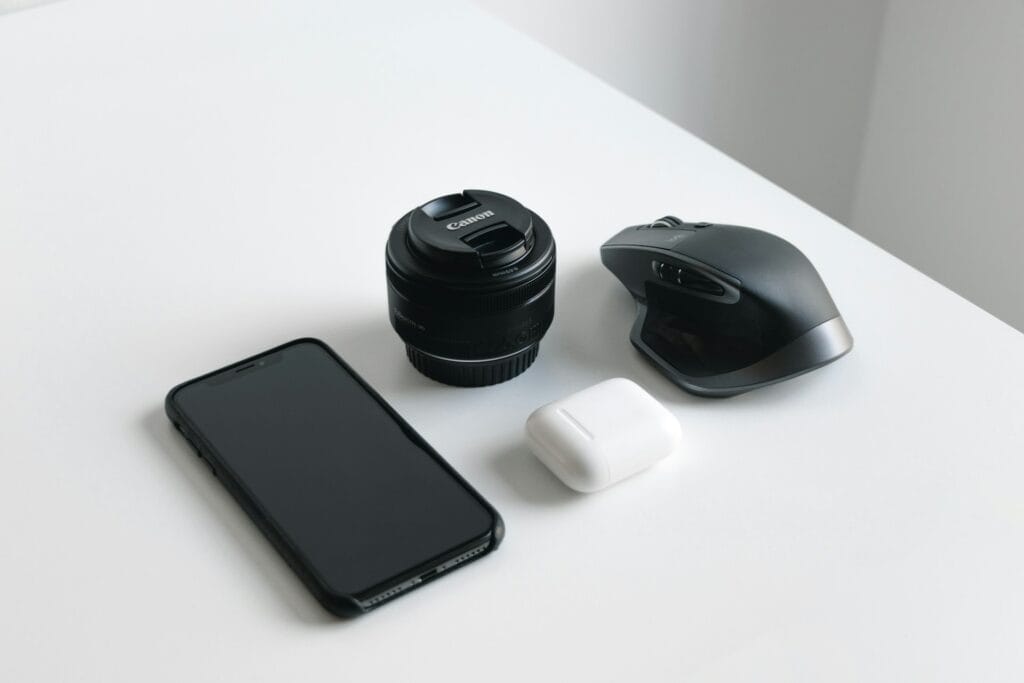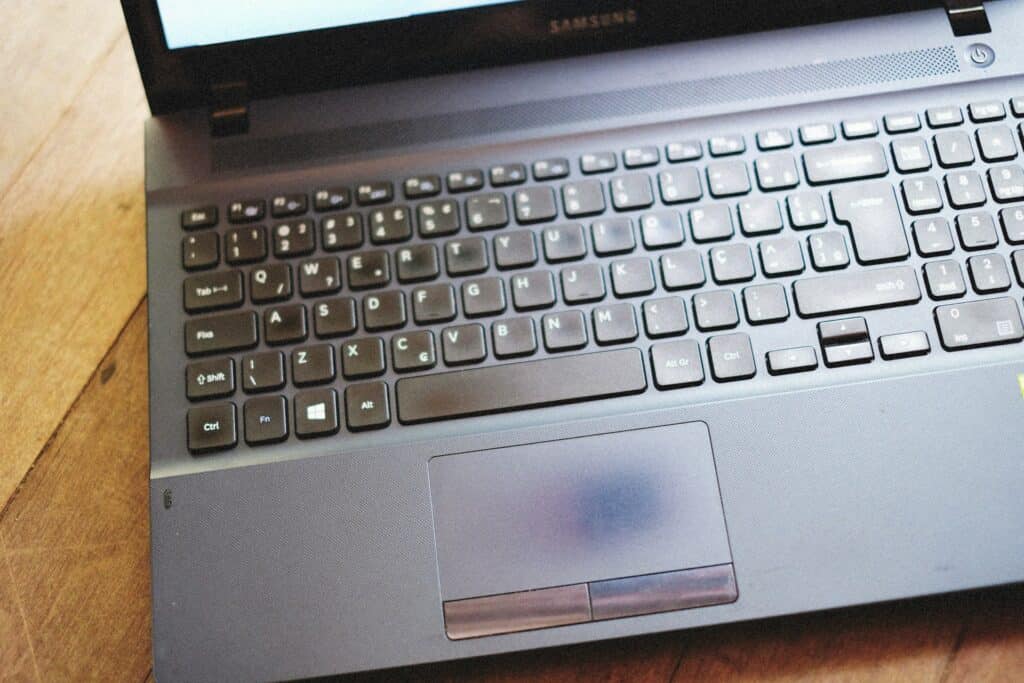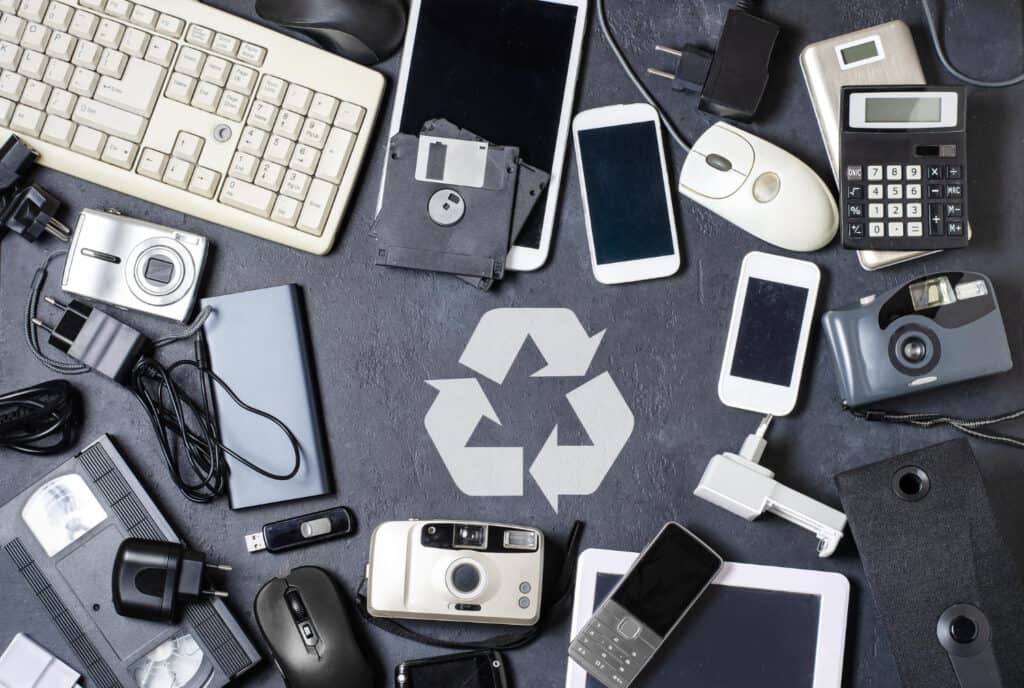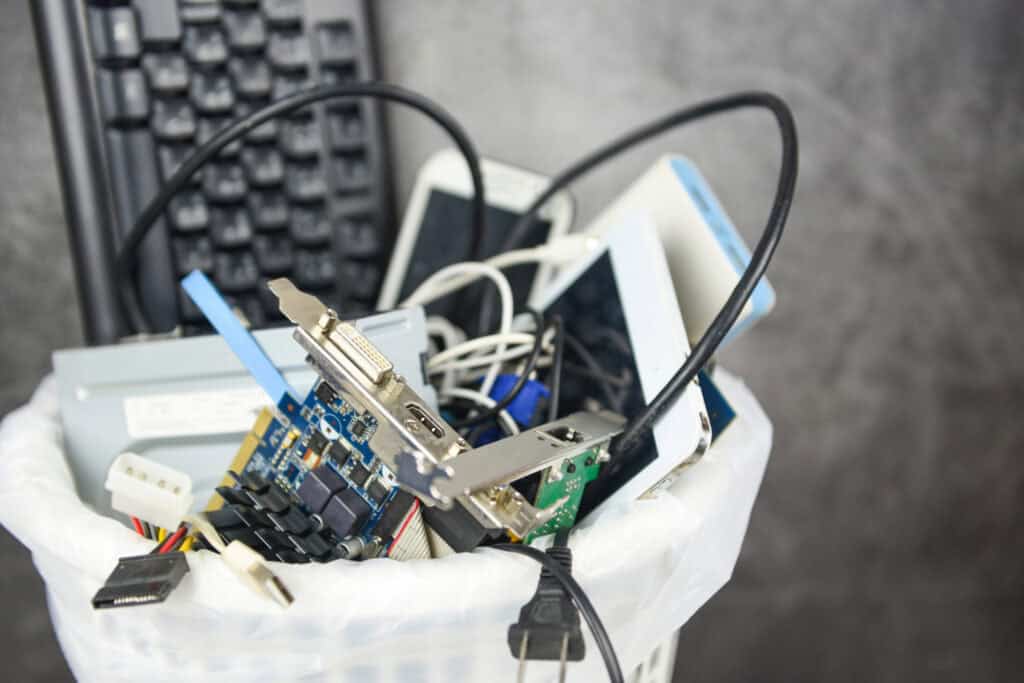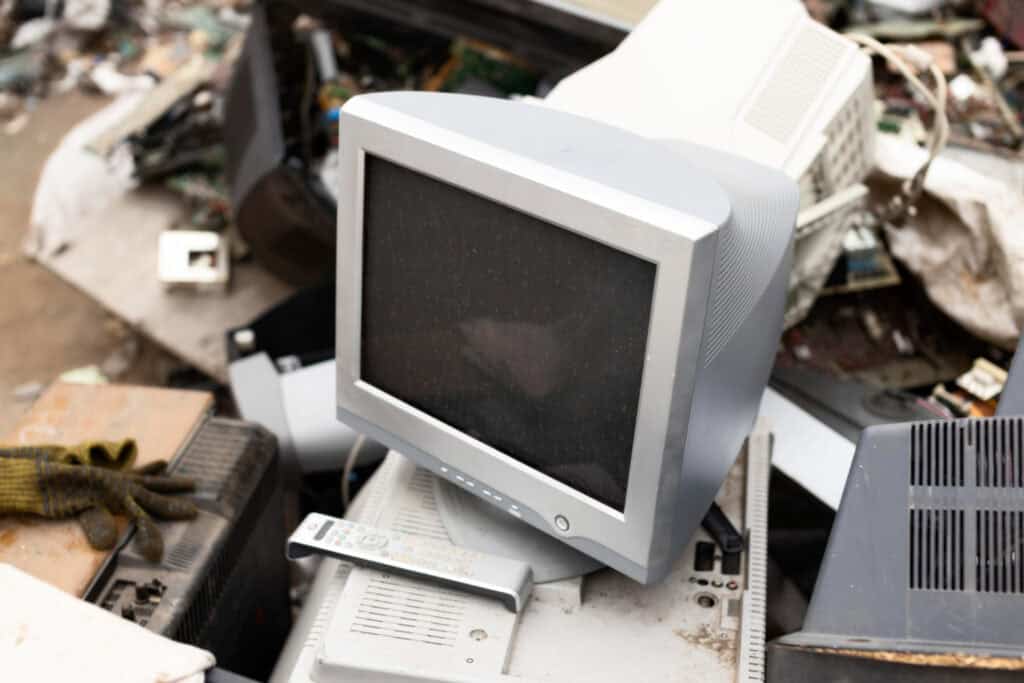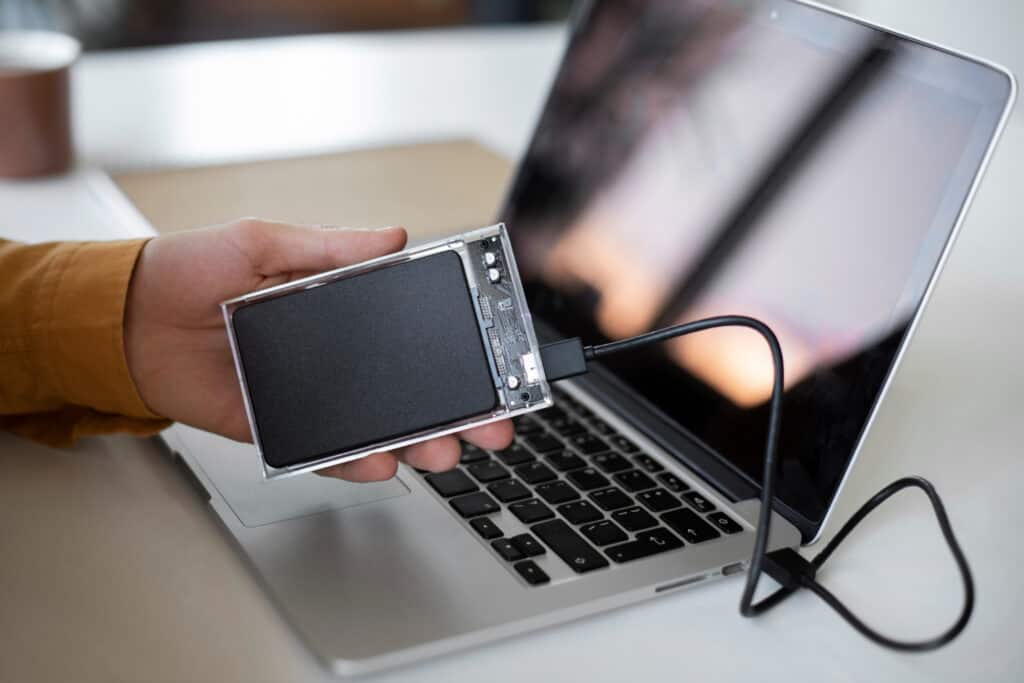Recycling electronics is an important task for any company looking to minimize its environmental impact. Properly disposing of old electronic devices helps conserve resources, reduce waste, and protect sensitive data. As technology advances, businesses frequently upgrade their equipment, leaving behind outdated devices that must be handled responsibly.
Before sending your electronics to be recycled, it’s crucial to prepare them correctly. This ensures that all data is securely erased, valuable materials are recovered, and the recycling process is efficient and compliant with regulations. Without proper preparation, businesses risk data breaches, legal issues, and missed opportunities for resource recovery.
Taking the time to assess and inventory your electronics, securely erase data, sort equipment by type, and partner with a certified recycler makes the recycling process smooth and beneficial. These steps help protect your business and the environment, making electronics recycling a win-win for everyone involved.
Assess and Inventory Your Electronics
The first step in preparing your company’s electronics for recycling is to assess and inventory all the devices. Start by making a comprehensive list of everything you intend to recycle, including computers, monitors, printers, smartphones, and any other electronic equipment. This inventory gives you a clear picture of what you have and what condition each item is in.
Creating a detailed inventory helps in several ways. It identifies equipment that may still have value and can be refurbished or sold. It also helps you keep track of which devices contain sensitive information that requires secure erasure. Additionally, this list will be useful when coordinating with a recycling partner to ensure all items are accounted for throughout the recycling process.
By maintaining an organized inventory, you not only streamline the recycling process but also boost your company’s efficiency. The documentation ensures that every piece of equipment is handled correctly and that no device is overlooked. This attention to detail sets a strong foundation for the subsequent steps in the recycling process.
Securely Erase All Data
Once you’ve assessed and inventoried your electronics, the next critical step is to securely erase all data. Electronic devices, especially computers and smartphones, often store sensitive information like customer data, financial records, and proprietary business information. Simply deleting files is insufficient; the data can still be recovered by skilled individuals with the right tools.
Securely erasing data involves using specialized software to overwrite the existing information multiple times. Another option is degaussing, a process that uses strong magnetic fields to erase data from magnetic storage devices like hard drives. For ultimate security, physical destruction methods such as shredding hard drives ensure that data cannot be recovered.
Ensuring that all data is securely erased protects your company from potential data breaches and maintains customer trust. This step is crucial for compliance with data protection regulations, which require businesses to safeguard sensitive information. By taking the time to securely erase all data, you mitigate security risks and adhere to legal standards, paving the way for responsible recycling.
Sort and Categorize Equipment by Type
After securely erasing all data, it’s time to sort and categorize your equipment by type. Different types of electronics may need different handling procedures during the recycling process. For example, computers, laptops, and servers are often processed separately from smaller devices like smartphones and tablets. Printers and other peripherals also fall into their own categories.
Sorting equipment helps streamline the recycling process. It can also make it easier to identify items that can be refurbished or resold. Broken or obsolete devices can be directed straight to recycling, ensuring they are processed according to environmental regulations. Categorizing also allows recyclers to recover valuable materials like precious metals and ensure proper disposal of hazardous components.
By taking this step, you maximize the efficiency of your recycling efforts. Proper categorization helps recycling partners handle the materials correctly and in an environmentally friendly manner. It also ensures that resources are recovered and reused whenever possible.
Partner with a Certified Recycler
The final step is to partner with a certified recycler. Working with a certified recycling partner ensures that your electronics are disposed of responsibly and in compliance with all regulations. Certified recyclers follow strict protocols for data destruction, material recovery, and environmental protection.
To find a reliable recycler, look for certifications such as R2 (Responsible Recycling) or e-Stewards. These certifications guarantee that the recycler adheres to high standards of environmental and data security practices. Partnering with a certified recycler also means you have documentation for regulatory compliance, demonstrating your company’s commitment to responsible e-waste management.
By choosing a certified recycler, you can trust that your electronics will be handled in a way that protects both your business and the environment. This partnership makes the recycling process seamless, efficient, and secure.
Final Thoughts
Preparing your company’s electronics for recycling involves several important steps that ensure security, compliance, and environmental responsibility. By assessing and inventorying your devices, securely erasing all data, sorting and categorizing equipment, and partnering with a certified recycler, you streamline the recycling process and protect your business interests.
Proper electronic waste management not only helps to recover valuable materials but also reduces the environmental impact of discarded electronics. It shows your commitment to sustainability and responsible business practices. Taking the time to prepare your electronics for recycling ensures that your e-waste is managed effectively and ethically.
For businesses looking to responsibly dispose of their electronic equipment, partnering with a knowledgeable and certified recycler is crucial. Contact ReWorx Recycling today to learn more about how we can assist you with Boise electronics recycling — responsibly and sustainably. Let’s work together to create a greener future!

